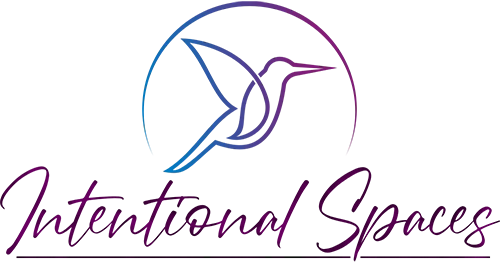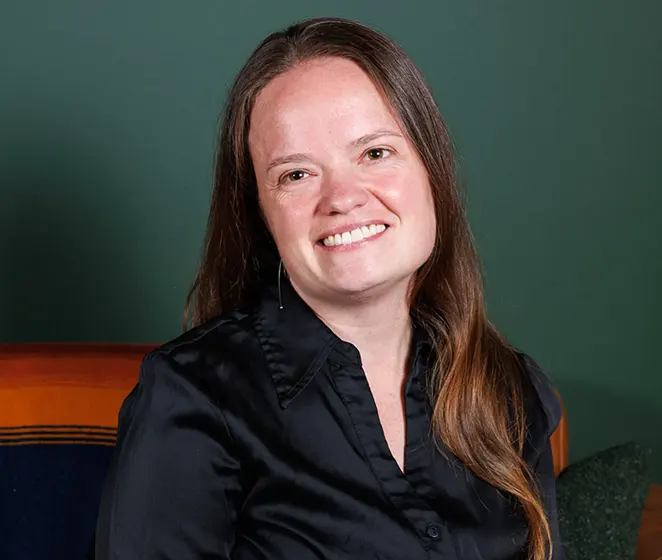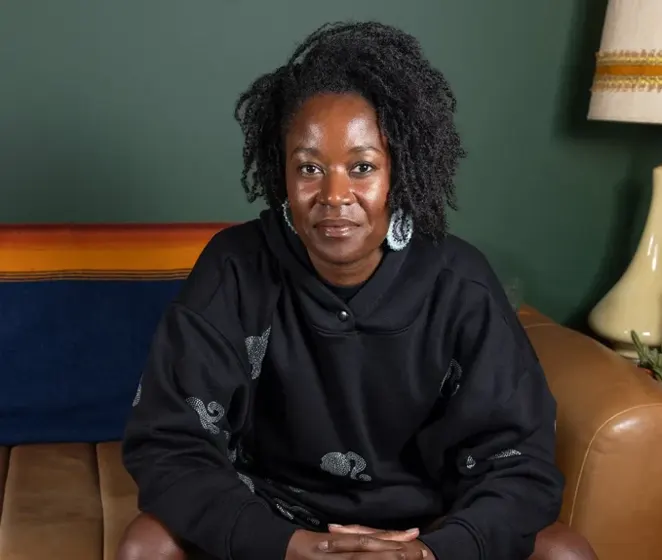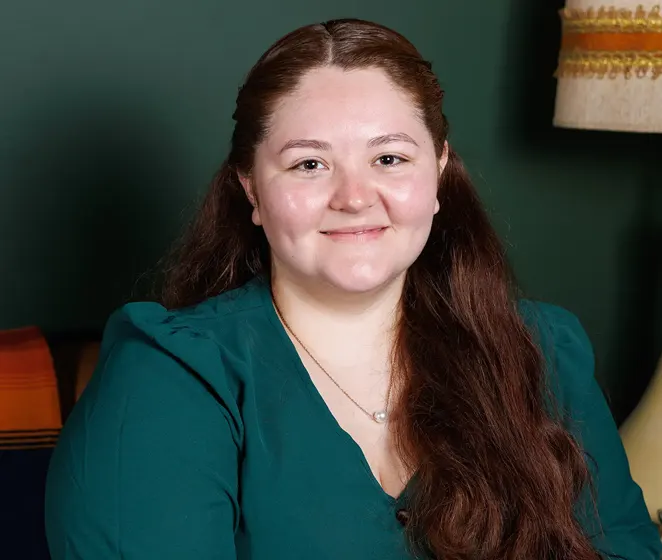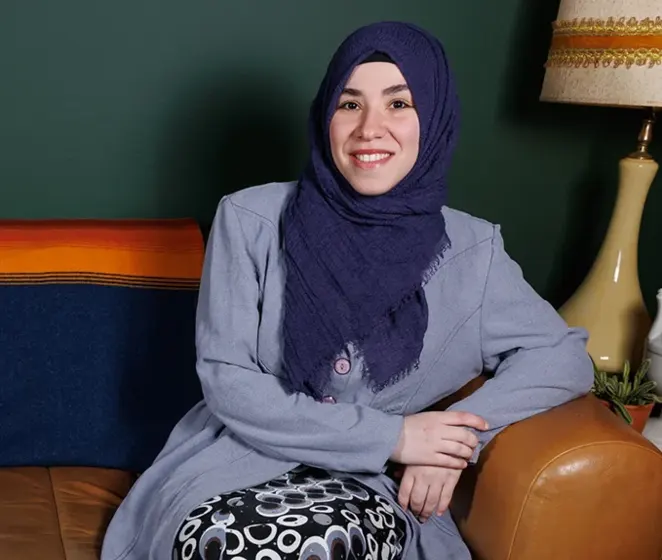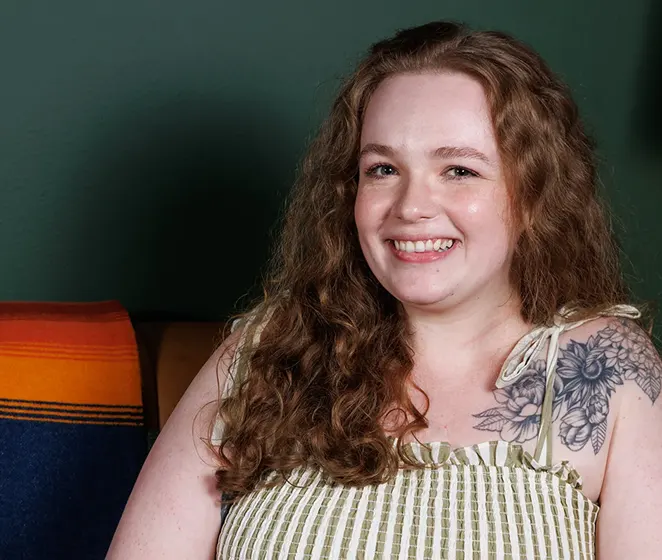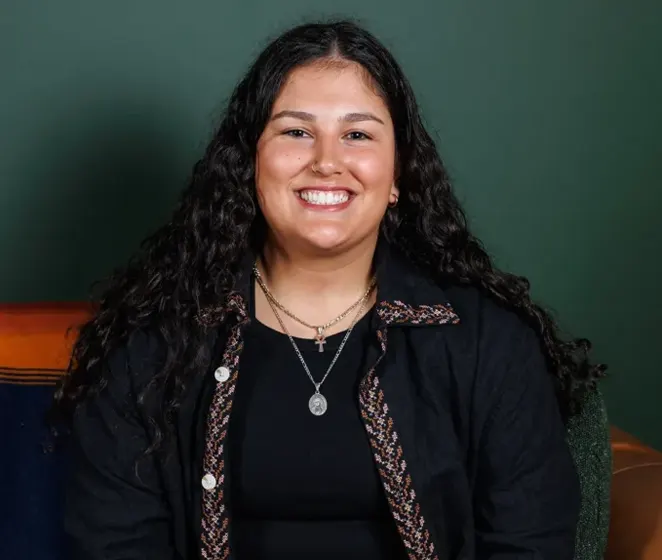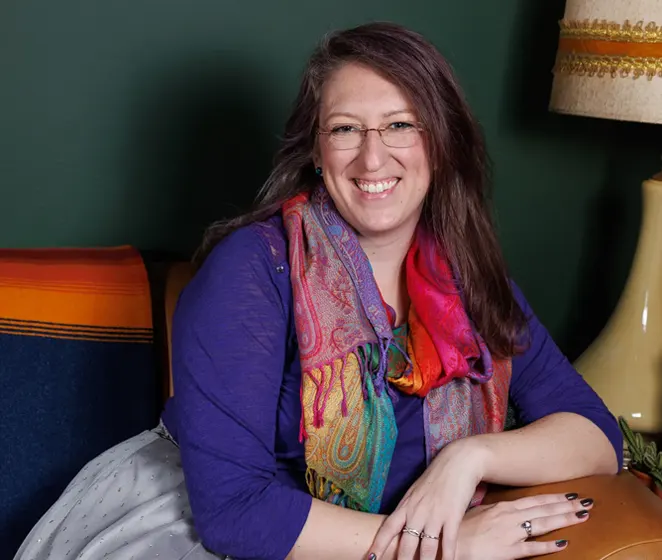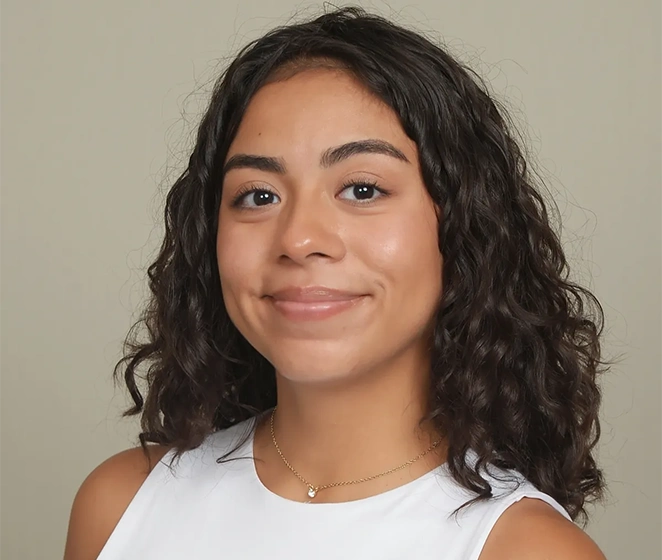by Intentional Spaces Psychotherapy
Ever walk away from a gathering feeling completely drained, even though, on the surface, nothing bad happened? Maybe you smiled at the right times, adjusted your tone to match the room, or left parts of yourself unspoken because it felt safer that way. Outwardly, it looked like you were fine, even thriving. Inside, though, you might have noticed a quiet ache, a sense of disconnection, or an exhaustion that felt heavier than it should. This type of weariness isn’t simply about being introverted or shy. What you may be experiencing is called identity fatigue.
Identity fatigue is more than ordinary social tiredness. It’s the deep depletion that comes from hiding, editing, or reshaping parts of yourself to belong. When you feel like you can never truly show up as your whole self, every interaction becomes a performance. Over time, that performance takes a toll, not just on your energy, but on your sense of authenticity and connection. Understanding identity fatigue can be the first step toward reclaiming your voice, your presence, and your right to be fully seen.
What Is Identity Fatigue?
Identity fatigue arises when the effort of “fitting in” becomes a constant demand. Many people experience it through code-switching, or shifting their speech, expressions, and even body language depending on the group they’re with. Others experience it through masking, suppressing natural traits, cultural markers, or behaviors that might feel “too different” or “too much” in a given setting. For some, it means downplaying or concealing important aspects of identity, such as gender, sexual orientation, or cultural background, out of fear of being misunderstood or rejected.
In the beginning, these adjustments may feel like small, manageable choices. But over time, they start to pile up, creating an invisible weight you carry into every space. What was once an occasional adaptation can become an expectation, both from others and from yourself. You may find yourself wondering if people know you at all, or if they only know the version of you you’ve worked hard to present. That gap between who you are and who you feel you must be is where identity fatigue grows.
Signs You Might Be Experiencing Identity Fatigue
Identity fatigue doesn’t always announce itself directly. It often shows up as subtle, persistent patterns that chip away at your well-being. Some of the most common signs include:
- Emotional depletion: leaving social situations feeling unusually drained, even if nothing “went wrong.”
- Relentless self-monitoring: replaying conversations in your head, worrying if you said the wrong thing, or editing your tone mid-sentence.
- A sense of being unseen: fearing that even close friends or family only know a curated version of your identity.
- Persistent anxiety: worrying about being “too much” or “not enough” in nearly every setting.
- Physical symptoms of stress: headaches, tense shoulders, shallow breathing, or a tight stomach before and after interactions.
When your nervous system is always bracing for judgment or misunderstanding, it’s no wonder that you feel depleted afterward. These aren’t random moments of tiredness; they’re signals that constantly performing is wearing you down.
Why Identity Fatigue Develops
At its core, identity fatigue is an adaptive response to environments that don’t fully accept or understand difference. It’s not a flaw in you; it’s a survival strategy. Common contexts include:
- Cultural or family systems where showing emotion or asking for help is seen as weakness, and silence becomes a way to avoid judgment.
- Schools and workplaces that are built around neurotypical norms, where direct speech, stimming, or needing more processing time is misunderstood.
- LGBTQ+ experiences, where fear of rejection, subtle invalidation, or even cautious politeness leads to hiding or softening expressions of self.
In these spaces, masking and adjustment become ways to stay safe. They work in the short term, but at the cost of authenticity and connection. Over time, the very strategies that protected you may leave you feeling isolated, unseen, and profoundly tired.
How You Can Begin to Ease Identity Fatigue
The first step in addressing identity fatigue is recognizing it for what it is. Naming the experience, saying, “I’m not just tired; I’m tired from hiding who I am”, can help shift the weight of responsibility. This isn’t a personal weakness or failure. It’s a sign of how deeply you’ve learned to adapt to navigate environments that weren’t built to hold all of you.
Once you recognize it, begin to notice where and when you feel most like yourself. Are there people, communities, or spaces where you breathe easier, where the mask slips without effort? These are valuable clues to where authenticity already has room to grow. Please pay attention to those moments; they can serve as anchors when fatigue feels overwhelming.
You might also experiment with “micro-authenticity.” This doesn’t mean revealing everything all at once, but allowing small truths to surface. It could be as simple as sharing an honest opinion, letting your cultural background show in conversation, or resisting the urge to downplay your emotions. Each small act of authenticity helps build resilience and trust in your ability to be seen.
Setting boundaries is equally important. If certain spaces or people consistently drain your energy, consider how you might limit your exposure or protect yourself. This might mean leaving a gathering earlier, saying no to obligations that feel heavy, or creating intentional downtime to recover after high-demand environments. Ultimately, seeking support, whether through therapy, community groups, or trusted friends, can provide a safe space for exploring your identity without the pressure of performance. A therapist, especially one who affirms your cultural and personal background, can help you navigate the weight of identity fatigue and guide you toward greater freedom.

A Gentle Reminder
Identity fatigue is not proof that you’re broken; it’s proof of how hard you’ve worked to survive in spaces that haven’t always welcomed your full self. That exhaustion you carry is not weakness. It’s a reflection of the countless times you’ve edited, softened, or hidden to belong.
What would it feel like to begin loosening that grip? To let yourself exist without apology, even in small ways? Healing from identity fatigue is not about suddenly becoming bold or unafraid. It’s about slowly reclaiming your right to authenticity, step by step. Each moment you allow yourself to be fully seen, even by yourself, is an act of quiet courage.
You don’t have to do this alone. With time, support, and compassion, you can begin to lay down the burden of performance and discover what it feels like to live more freely. Your identity is not something to shrink or disguise, it’s something worth honoring, without exhaustion, without apology.
